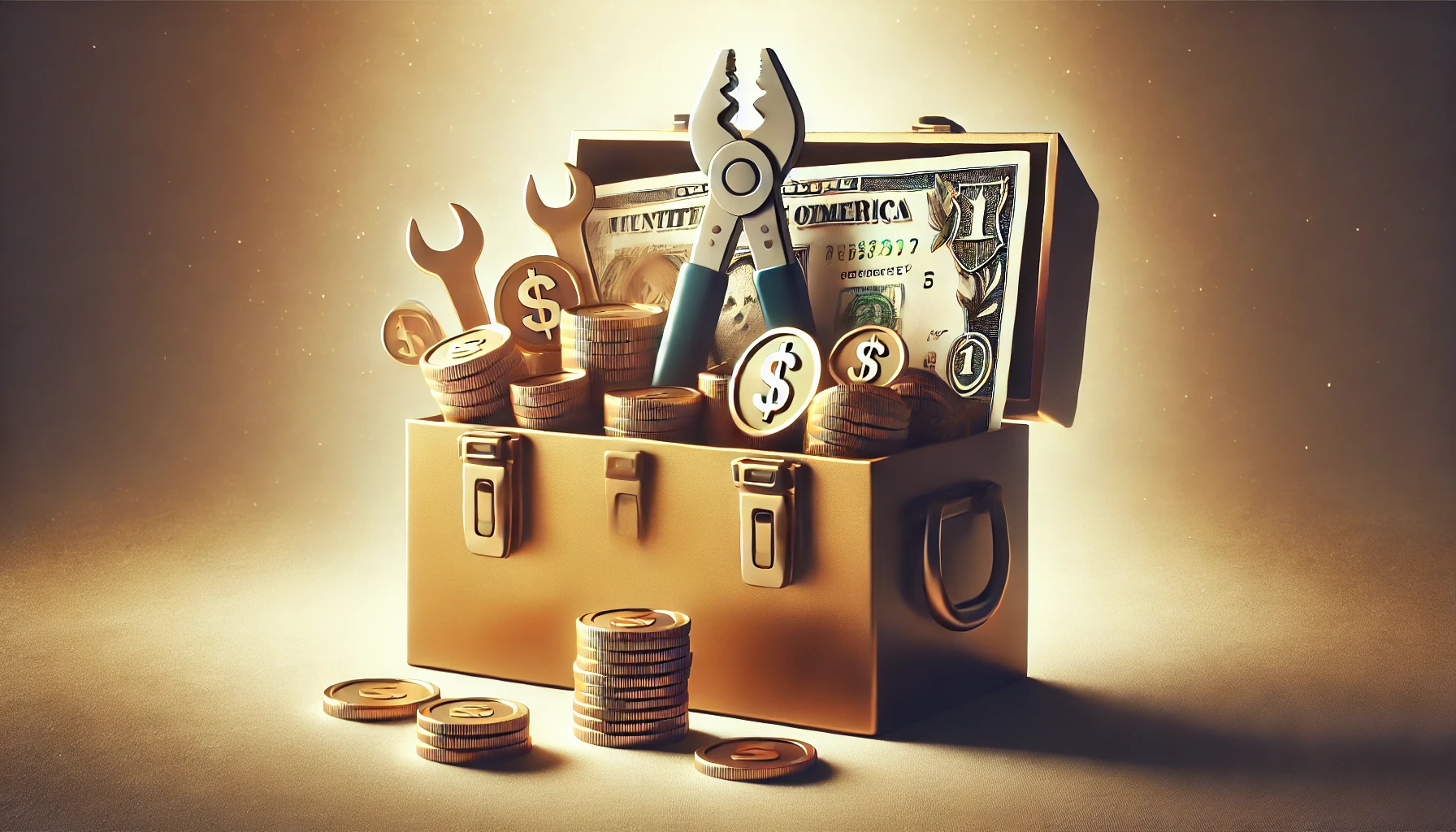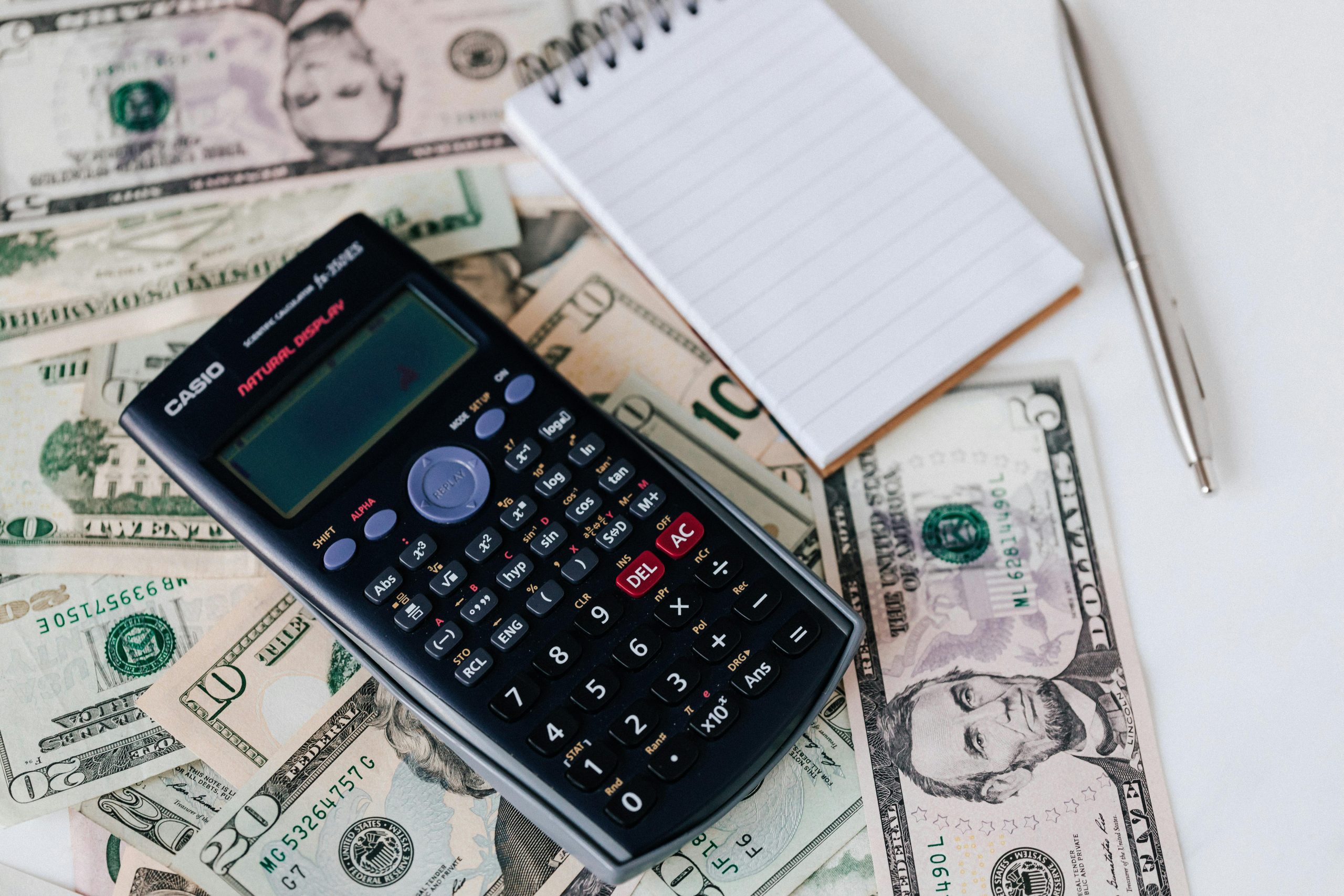To ensure financial stability and be ready for sustainable investment opportunities, you need to make debt payments and create an emergency fund before investing.
Investing can bring attractive profits, but before you start, you need to pay off debt and build an emergency fund. Paying off all your debts will help you reduce the burden of interest, and the emergency fund will protect you in case of emergencies. This will not only give you more peace of mind but also increase your chances of success when investing.
To understand more about this topic, in the article below, Wealth Yoda will analyze in more detail the reasons why you need to pay off debt and create an emergency fund before investing!
Why should you manage your finances well before investing?
Good financial management before investing is considered an important step to ensure personal financial security.
Personal financial management will start with paying off debts. This will help you reduce the burden of interest and financial risks. When you are debt-free, you can focus on investing without worrying about monthly debt payments.
Good financial management also needs to start with building an emergency fund for yourself and your family. An emergency fund is used to deal with unexpected situations such as job loss, illness or other emergencies. This fund will help you maintain your life without having to withdraw your investment capital, ensuring that your investment plan is not interrupted.
When you manage your finances well, you will have a clear view of your financial capacity. From there, you will be able to make smarter and more effective investment decisions. This will not only help you optimize your profits but also protect you from unnecessary risks.
Reasons to settle debt before investing
Before you start investing, one of the most important steps is to clear your personal and family debt. This will not only help you build a solid financial foundation but also create a confident and comfortable mindset. Specifically:
- Debt interest rate is higher than investment return: The interest rate you pay on debt is typically higher than the return on your investments. Most debt, especially credit card debt, has very high interest rates, typically between 15% and 20% per year. Meanwhile, the average return on investments like stocks or mutual funds is usually between 7% and 10% per year. Therefore, if you continue to hold debt and invest at the same time, there is a good chance that the interest you pay will be greater than the return you earn on your investments, leading to a decline in your financial situation.
- Reduce financial stress and improve money management: Debt settlement will help you reduce financial stress and improve your ability to manage money. When you are no longer burdened with debt, you will feel more comfortable mentally and can focus more on planning your investments and managing your personal finances. You will no longer have to worry about monthly debt payments, making it easier to maintain a reasonable spending budget and have money to save for long-term financial goals.
- Avoid financial risks: Debt can increase your risk of economic or personal fluctuations such as illness, unemployment, etc. You will have to both pay the debt and worry about daily food and clothing without being able to find a way out. The vicious cycle of debt will haunt you and of course you will not have money to invest or find opportunities to break out. For these reasons, resolving debt before investing is extremely important and necessary. It is a necessary condition for you to be able to invest more effectively and sustainably.
Why You Need an Emergency Fund Before Investing
In addition to tackling debt, building an emergency fund is an important step toward peace of mind when investing.
- Emergency funds protect investors from unexpected financial risks: Life always has unpredictable events such as job loss, accidents, illness, etc. These situations can cause great financial pressure if you do not have a reserve fund. An emergency fund with an amount equivalent to 3 to 6 months of living expenses will help you maintain a stable life without having to borrow. At the same time, if you are investing, you will not have to sell your investments at a low price when necessary. This helps avoid unnecessary losses to protect your assets.
- Having an emergency fund gives investors more peace of mind: Knowing that you have a life insurance fund will help you feel more confident and secure when making investment decisions. You will not be pressured to withdraw your investment capital when facing financial difficulties, helping you stick to your long-term investment strategy and maximize your profits. This peace of mind also helps you avoid hasty or emotional investment decisions, which often lead to undesirable results. Building an emergency fund before investing is a necessary preparation step to protect your finances and create peace of mind and stability when you start your investment journey.
The Benefits of Having an Emergency Fund and Being Debt-Free Before Investing
Having an emergency fund and being debt-free before investing has many important benefits. Here are some of the benefits you get when you have an emergency fund and pay off your debt before investing:
- You will avoid the pressure of interest on debt, helping to protect your assets and maximize your investment returns.
- An emergency fund helps you deal with unexpected situations such as unemployment or illness without having to sell off your investments.
- You will feel more secure, creating conditions for more disciplined and long-term investing, ensuring the stability and sustainability of your personal finances.
Investment Advice for Beginners
For those who are new to investing, it is important to approach information about investment channels carefully and with a plan.
Make a personal financial plan first to ensure that you have spare money after paying off all debts and building an emergency fund that can cover 3-6 months.
Then, start by learning and investing in basic financial instruments, learning about investment channels such as stocks, open-end funds, real estate, gold, etc. In addition, set clear financial goals and build a long-term investment plan and don’t forget to monitor and evaluate investment performance periodically to make timely adjustments.
To become a successful investor, you need to be patient and disciplined. This is considered the key to success for every investor. Because investing is not a way to get rich quickly but a long-term process that requires perseverance and smart financial management.
With the above sharing of Wealth Yoda about the things to prepare before entering the investment path, we hope to bring you the most useful information when learning about this topic.



